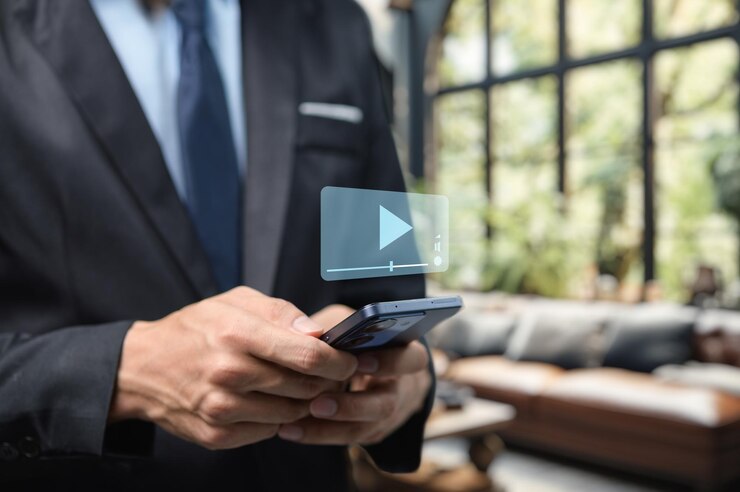Are Your Video Recordings Legal Evidence?

The Era of Constant Recording
With the proliferation of smartphones, home security systems, and workplace surveillance, video recordings have become a staple of everyday life. People often capture events without a second thought. But when it comes down to legal situations, can these recordings be used as evidence? If you find yourself questioning the legality of using or defending against recorded videos, rest assured you're not alone. It's a common legal question with significant implications.
Understanding the Legal Landscape
Federally, the legality of video recordings in public spaces is relatively straightforward. In places like streets or parks, where there's no expectation of privacy, recording is typically allowed. However, capturing video in private spaces—like restrooms, dressing rooms, or hotel rooms—without consent is illegal and can constitute a federal crime.
The Complexities of Audio Recording
It's crucial to note that audio recordings fall under different regulations. Federal law requires at least one-party consent, but many states demand all-party consent. So if audio is involved, the rules become stricter and more complex.
Consent and Disclosure in Workplaces
In semi-public environments such as workplaces, consent and clear disclosure are often necessary before recording, particularly for audio. These requirements can vary significantly depending on state laws. For those dealing with interstate or multi-state communication, it's wise to comply with the strictest law, often necessitating all-party consent.
Private Settings and Legal Consequences
Recording someone secretly in a private setting invites serious legal repercussions. Beyond federal rules, state laws might be even stricter, with violations leading to criminal or civil penalties.
Play It Safe: Know Before You Record
While technology makes recording easy, respect for legal boundaries is vital. Always pause and reflect before pressing "record," especially in private or semi-private scenarios. When in doubt, seek legal advice. Navigating these laws can be complex, and consultation with a legal professional can help prevent costly mistakes.
